Women’s History Month is a great time to pick up a book or two about extraordinary women. From war and espionage to pioneers in medicine and education, the library has a biography for you.
For more books on trailblazing women, check our Women’s History Month shelves on cloudLibrary.
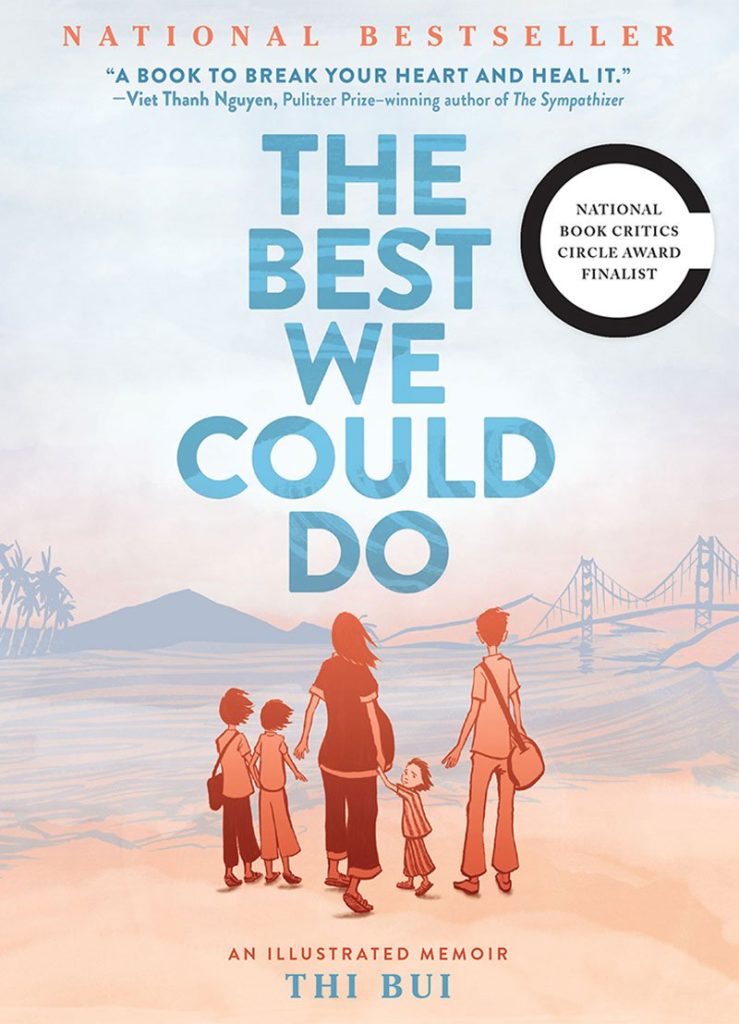
The Best We Could Do by Thi Bui
This illustrated memoir centers on a family’s harrowing journey to America from Vietnam. The book alternates between the present day, Bui’s childhood in California, and her parents’ journey to flee Vietnam in the 1970s.
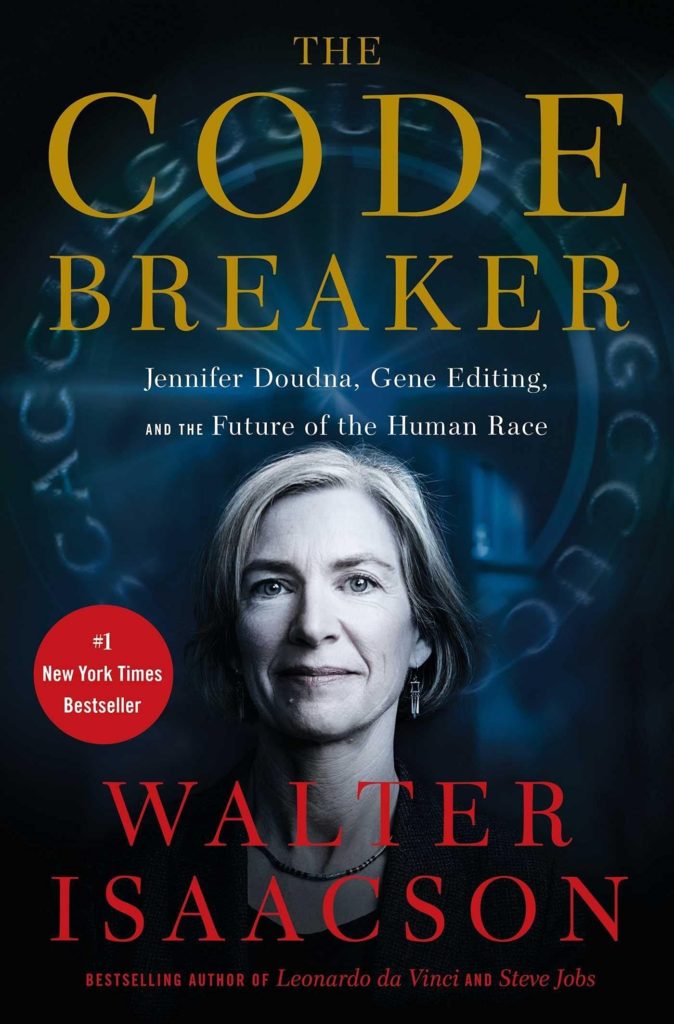
The Code Breaker by Walter Isaacson
Bestselling biographer Walter Isaacson introduces Jennifer Doudna, a pioneer in genetics. Doudna helped make the gene-editing tool CRISPR: one of the biggest biological advances since DNA was discovered. Now, this Nobel Prize-winning scientist also wrestles with the moral implications of editing our genes.
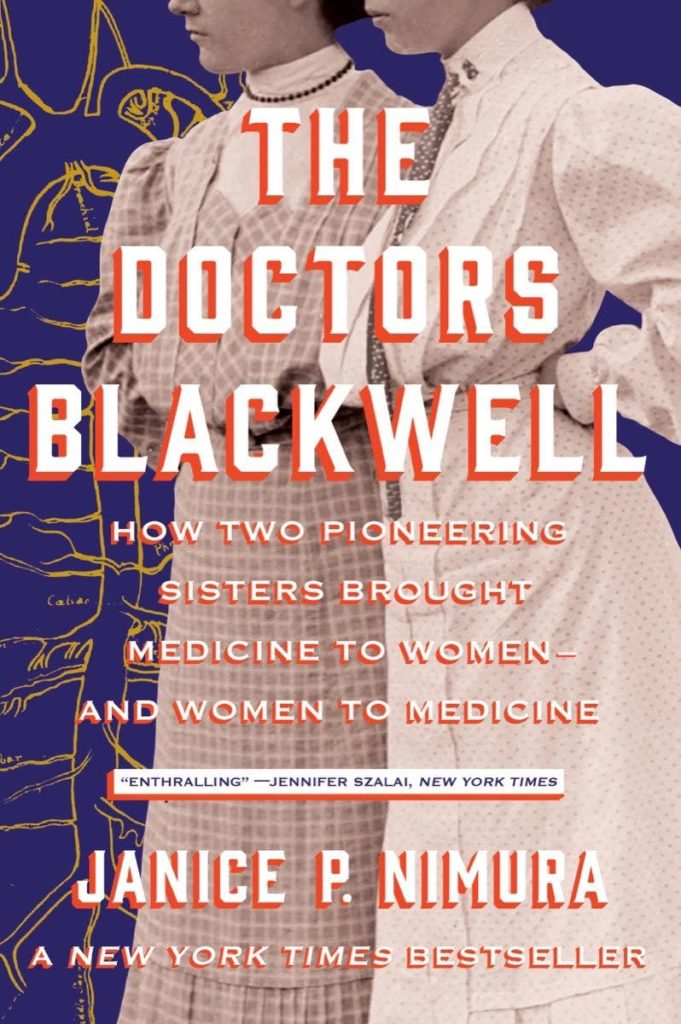
The Doctors Blackwell by Janice P. Nimura
In 1849, Elizabeth Blackwell became the first woman in America to receive a M.D. Her sister Emily soon joined in that achievement. The sisters went on to found the first hospital staffed by only women. This biography celebrates two complicated women whose beliefs didn’t always align with the latest thinking on women’s rights – or with each other.
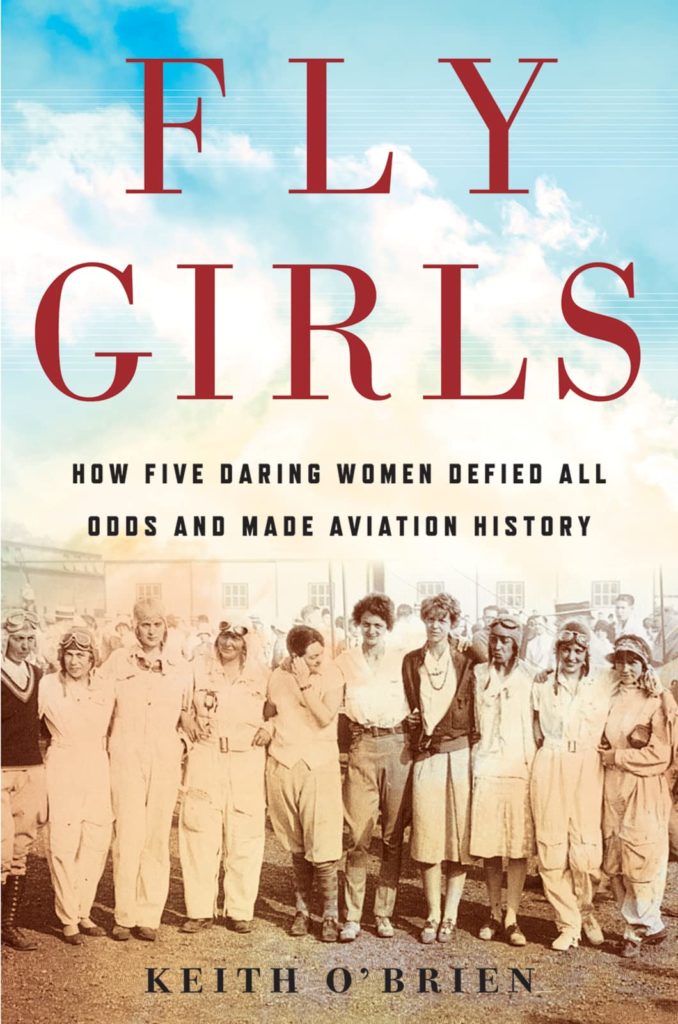
Fly Girls by Keith O’Brien
In the early days of aviation, men were celebrated as pilots. The few women who wanted to fly were ridiculed and rejected. This book tells the story of five women who fought for the chance to race airplanes. This page-turner puts you in the cockpit with Amelia Earhart and four other women who wouldn’t let the sky be their limit.
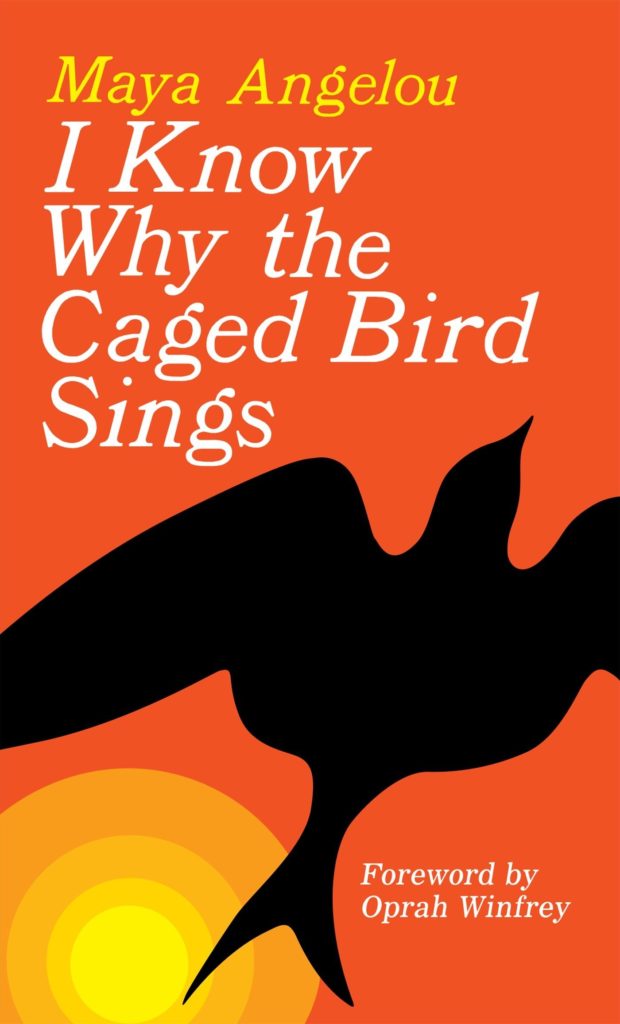
I Know Why the Caged Bird Sings by Maya Angelou
A perennial classic! Maya Angelou was challenged by James Baldwin to write a memoir that was also a piece of literature, and this classic is the result. The first in a series, this book focuses on the early years of one of America’s greatest writers and activists. It shares how her character and love for literature gave her strength in the face of racism and trauma.
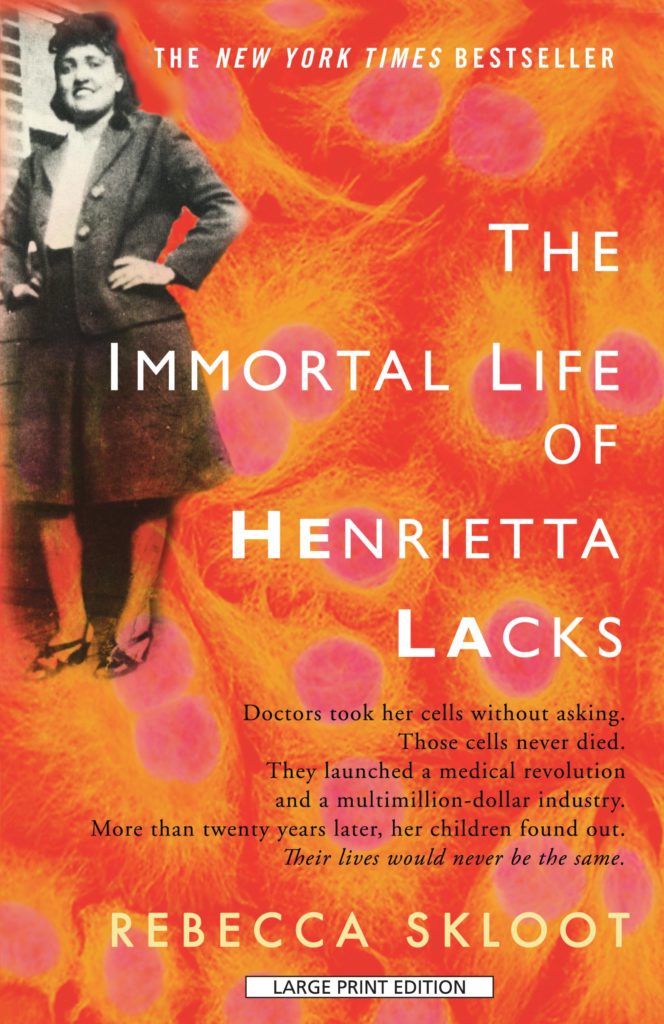
The Immortal Life of Henrietta Lacks by Rebecca Skloot
Cells taken from Henrietta Lacks – a Southern tobacco farmer who worked the same land as her enslaved ancestors – are critical in modern medicine. The first “immortal” human cells ever cultured, HeLa have been used in most fields of medical research. Yet Henrietta Lacks did not consent to having her cells taken, nor was her family ever compensated. This book reveals how scientific discoveries that benefit all can have personal consequences for some.
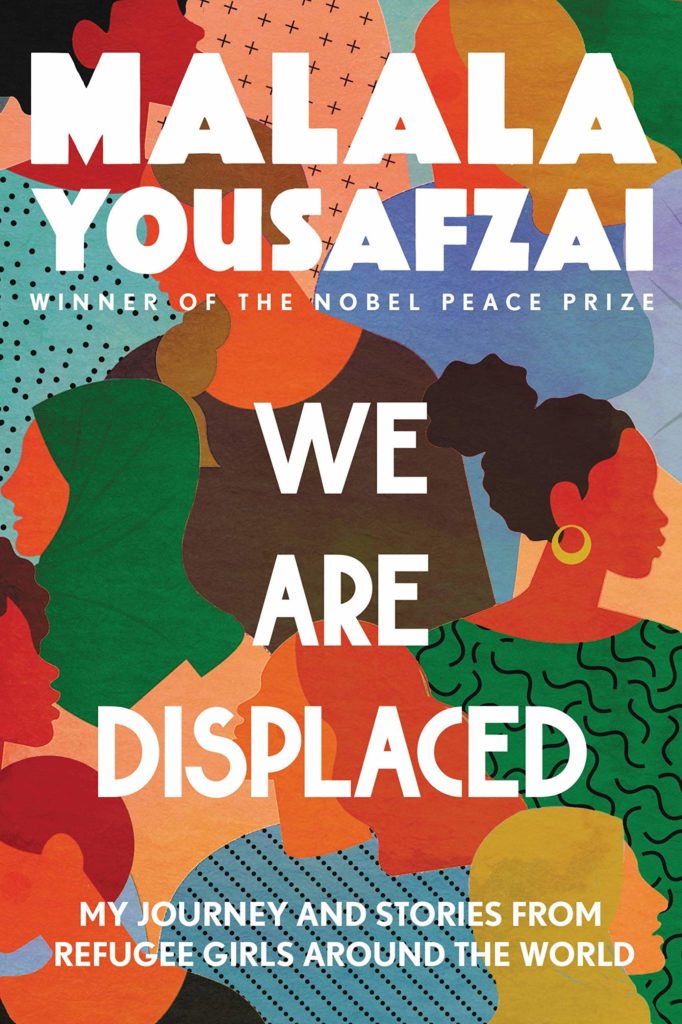
We Are Displaced by Malala Yousafzai
If you liked I Am Malala, let Malala Yousafzai introduce you to other refugee girls around the world. This book tells not only Malala’s story but also introduces some incredible young women she’s met in her years as an activist. This book is an important reminder that every currently displaced person has her own unique story.
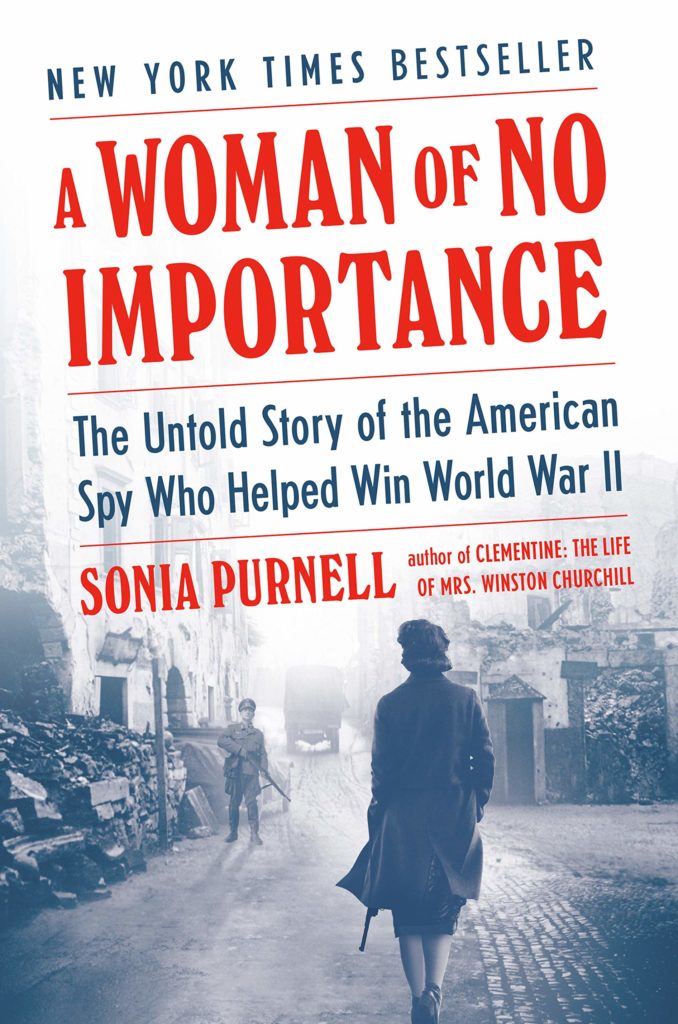
A Woman of No Importance by Sonia Purnell
In 1942, the Gestapo called Virginia Hall “the most dangerous of all Allied spies.” Before the United States entered World War II, a young American woman named Virginia talked her way into becoming a spy in occupied France. She coordinated other spies who blew up bridges, reported on German troops, worked with Resistance agents, and recruited guerilla fighters. Even after she was forced to flee to Spain, she kept working to help the Allies win the war.
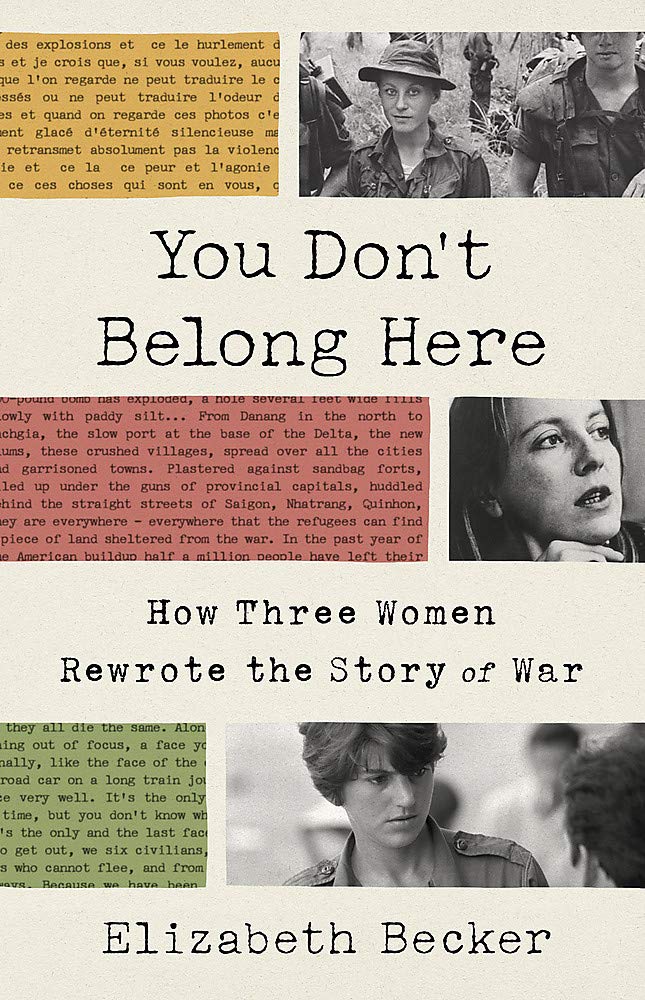
You Don’t Belong Here by Elizabeth Becker
Meet Kate Webb, Catherine Leroy, and Frances FitzGerald: three reporters who set out to cover the war in Vietnam. Because women weren’t considered fit to be foreign correspondents, they had to challenge the rules imposed on them by the military and ignore their mocking male peers. Ultimately, their work changed how reporters cover war, and their influence can be felt today. The author, Elizabeth Becker, also covered the final years of the Vietnam War and writes as a historian and a witness to the conflict.

